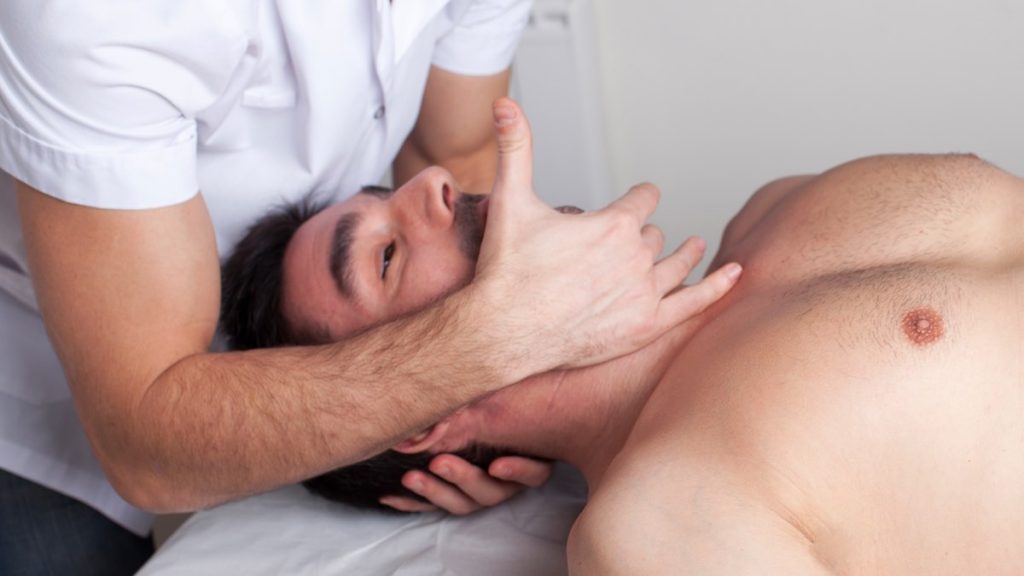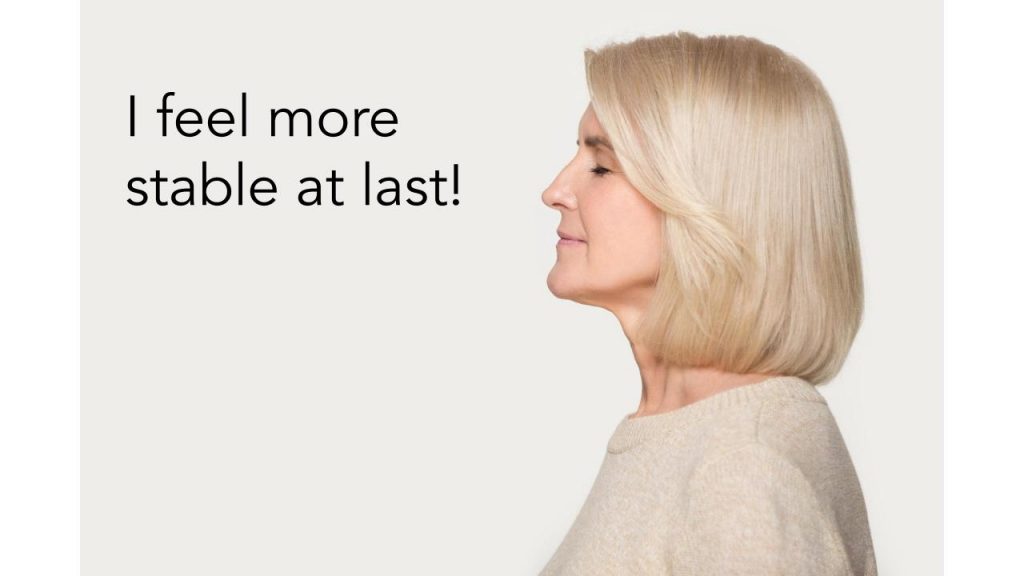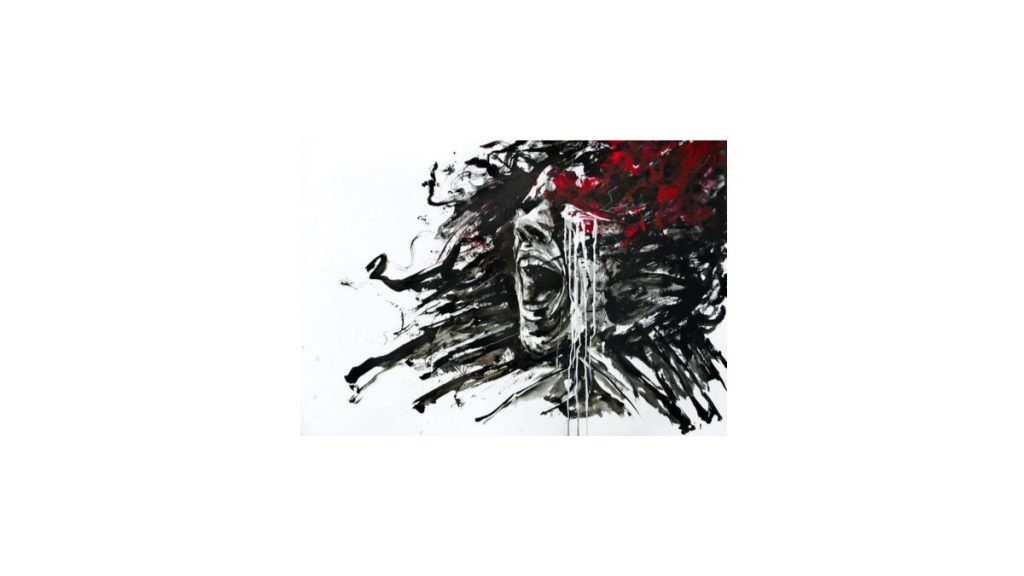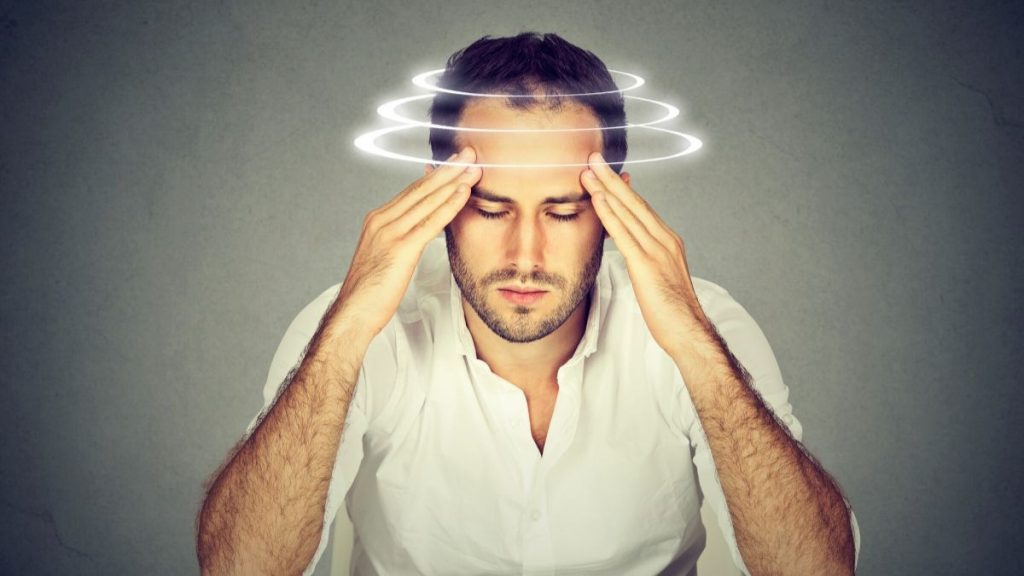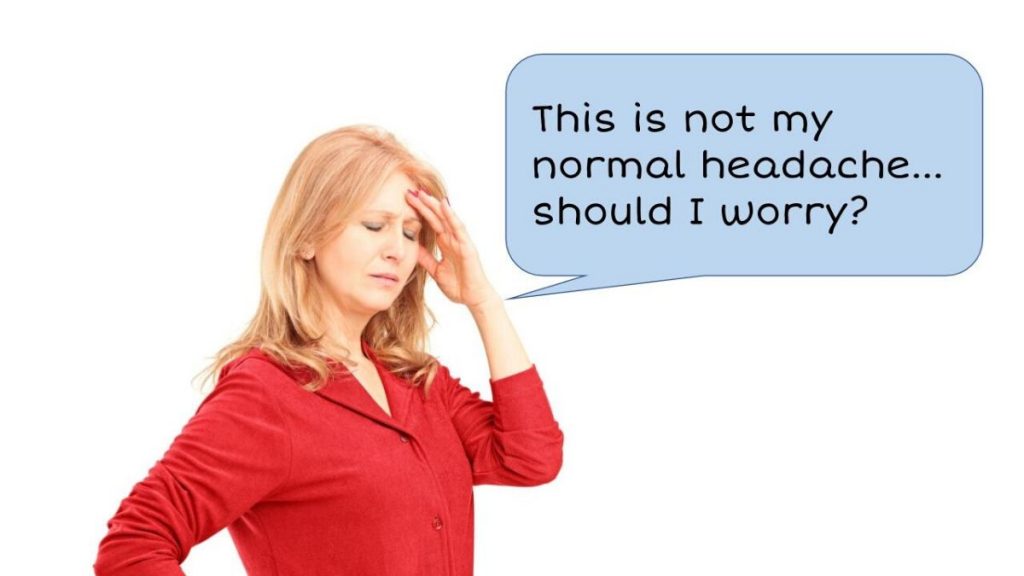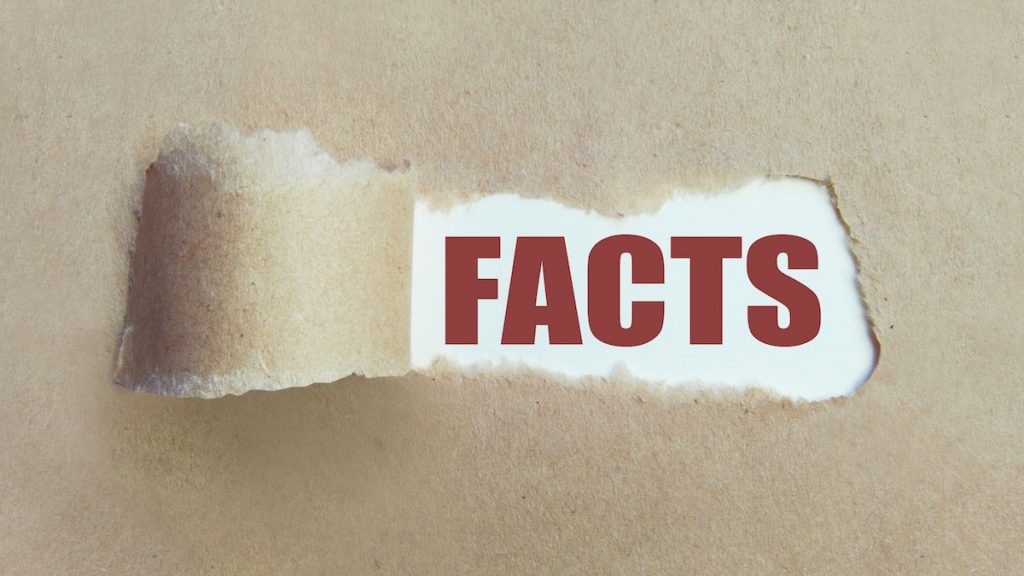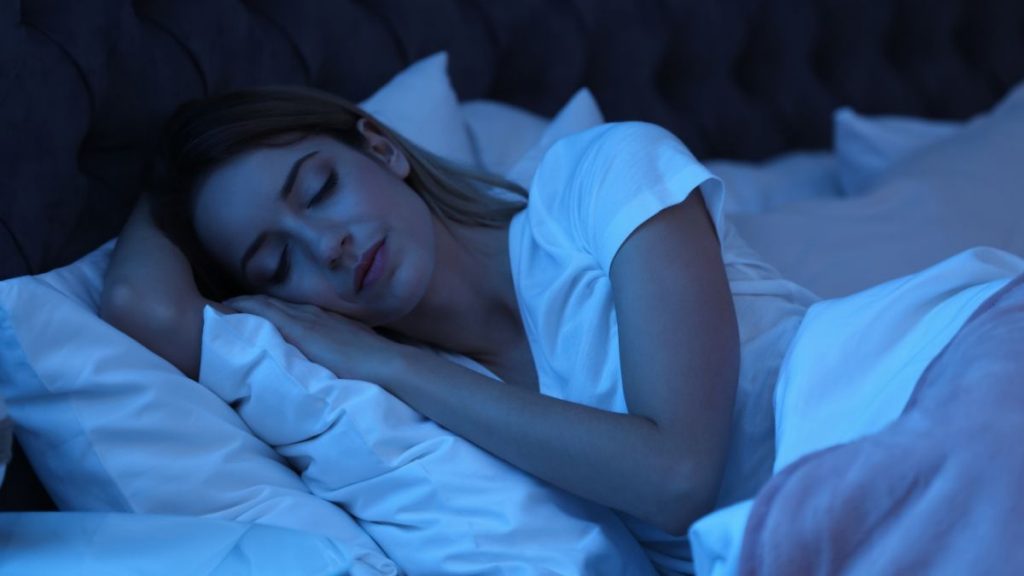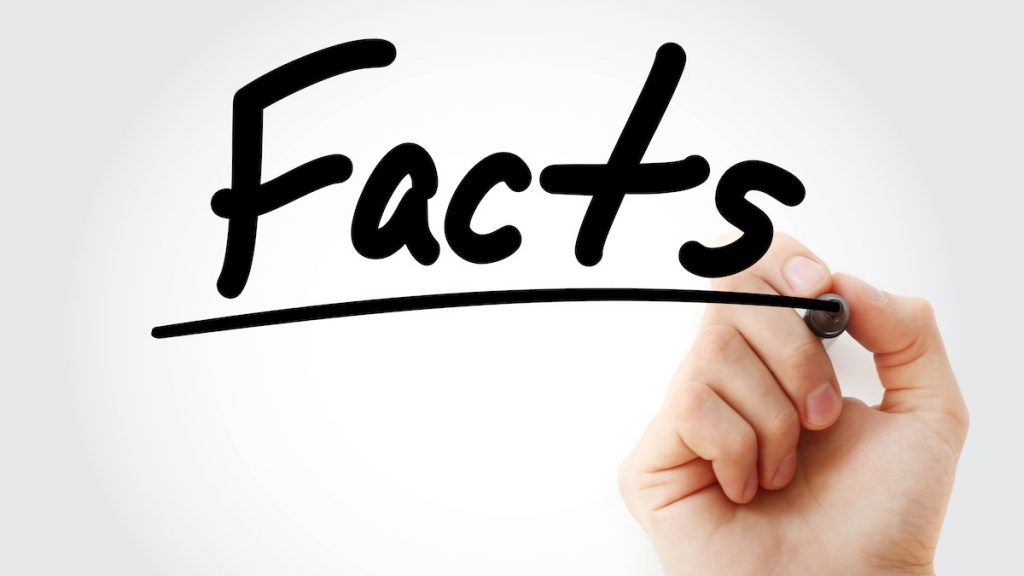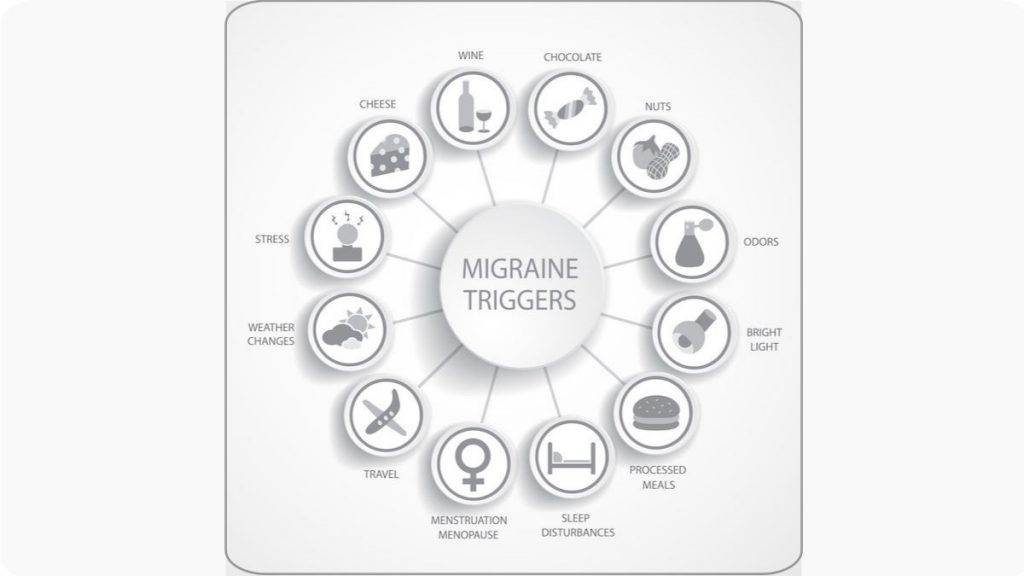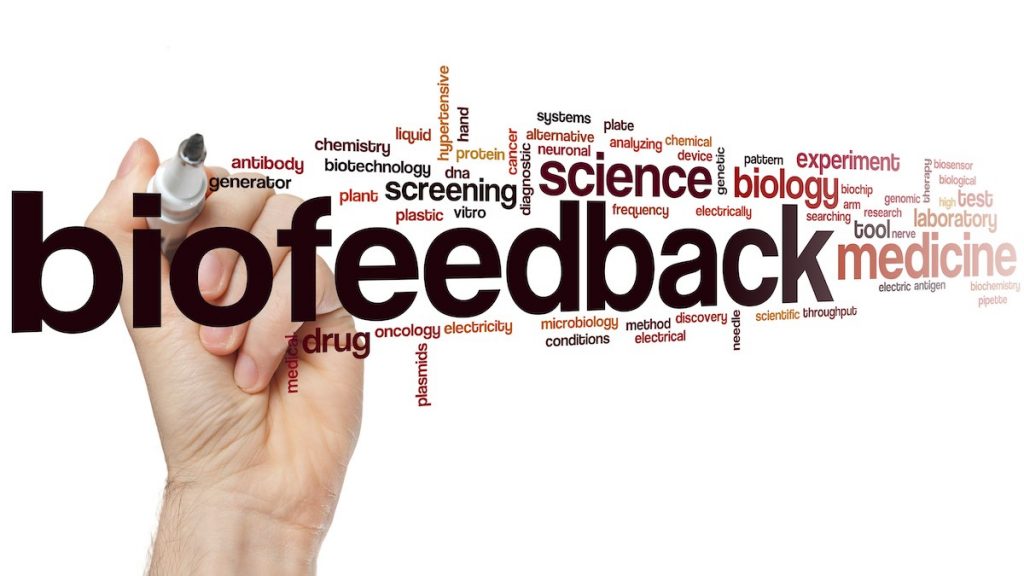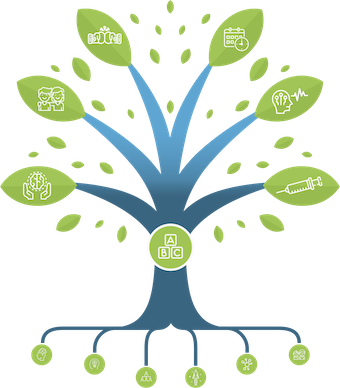Key points about physiotherapy for migraine and headaches
What do we know about the role of physiotherapy for migraine and other headaches? What do the physios do? Does it work? How can we tell if it is worth recommending physio to a person? Here are some key points about physiotherapy for migraine and…
Vestibular physiotherapy : what is it, and what to expect
What is vestibular physiotherapy? Vestibular rehabilitation is an exercise-based therapy targeting vestibular symptoms that do not go back to normal between episodes of vestibular migraine. For example, if vertigo or imbalance is still an issue after a crisis, exercises could improve steadiness and get rid…
Cluster headache : basics
What are the typical characteristics of a cluster headache attack? Location of pain: eye, temple, forehead. The pain may also go to the cheek, jaw, teeth and neck. Type of pain: very severe, excruciating. Sometimes described as a poker crushing the eye. The pain may…
Vestibular migraine
STORYBOX : David has migraine attacks a few days per month, with light sensitivity and nausea. When he was a kid, he was car sick. Last year, he woke up one morning with severe vertigo and could not walk. He went to the ED and received…
Should I worry about this headache?
Headache is an extremely common symptom that can be caused by migraine, but also tumors, infections and other illnesses. There are more than 200 causes of headache in the International Classification Of Headache Disorders! (our Bible for headache diagnosis). The vast majority of headaches are…
Hemiplegic migraine : I am paralyzed with my migraine!
Here is a story: Joan was used to her visual auras. She had them since she was a child, seeing squiggly lines. Now at 27 years old, she was using triptans, had learned about her triggers, and was functioning well. But last week, her aura…
Refractory Chronic Migraine: support encouragement
People who seek the help of experienced headache specialists are usually not at the beginning of their migraine journey. People with refractory chronic migraine often have: Seen many specialists over many years Been told that «it’s impossible to have headaches every day» Modified their lifestyle,…
Chronic migraine: basic facts
How does the physician diagnose Chronic Migraine? If you have a history of occasional migraines and the attacks have become more frequent over months or years, so that you now have headache on more than 15 days a month, then a diagnosis of chronic migraine…
The Migraine Family: categories and groups
Let’s face it: there are many types of migraine. This is complicated even for physicians, especially family docs who do not receive a lot of training on migraine during their residency. It is important to understand those terms as specific characteristics might influence your investigations…
Sleep : how to improve it without medications
Many people with migraine have difficulty with sleep. The first step to a better sleep is to make a few routine changes and maintain them over a few weeks at least. Have a look at our list below, pick the changes that seems to fit…
Pacing: Why is it Helpful in Migraine?
What is pacing? Pacing is a strategy that is often used by people with chronic illness to allow them to complete activities but not significantly worsen their symptoms. When mastered, pacing may also positively impact people’s confidence in their ability to manage their condition (also…
Relaxation: Why should people with migraine use it?
Why should people with migraine use relaxation? People with migraine often identify stress as a headache trigger. Many studies have examined the relationship between stress and migraine. Some researchers suggest there is a “bidirectional relationship” between stress and migraine. In other words, stress can contribute…
Relaxation: How to setup a regular relaxation practice for migraine management
It may seem difficult to start a relaxation program, but it can be accomplished if you break it down into manageable steps. What techniques can be used to manage stress and mental exhaustion? Different techniques have been studied: Progressive muscle relaxation (PMR) Biofeedback (to read…
Cognitive-Behavioural Therapy (CBT): I want to try it, how can I proceed?
How does CBT work? CBT works by helping you change how you think, feel, and act, to help prevent headaches or help you cope better with headaches you do have. It helps you learn new coping strategies, such as managing headache triggers, deep breathing and…
Cognitive-Behavioural Therapy: is it a good option to improve migraine?
What is Cognitive Behaviour Therapy (CBT)? Cognitive Behavioural Therapy (CBT) is a psychological treatment that focuses on changing negative patterns of thinking and behaviour. CBT helps people learn new ways of thinking and behaving to reduce stress, improve mood, and cope better with problems. CBT…
Your Migraine Team: you are not alone
Migraine can be a very mild problem for some people. One, two advils, and that’s it (lucky them). But for many people with migraine, there is no quick fix or easy solution. On your path to improvement and a better life, you may meet different…
Migraine: Facts, Fiction, and Frequently Asked Questions
Migraine is a very common health problem. It’s not surprising that myths on migraine are also common! Let debunk some of those false ideas that are still heard frequently. FICTION: A migraine is just a bad headache. FACT: Migraine is a neurological disorder and one…
Triggers: avoid them or cope with them?
What are migraine triggers? Migraine triggers are things you come in contact with that your brain reacts to by starting a migraine attack. These things can be inside your body, like hormones and feelings, or outside of you, like weather changes and smells. Things inside…
The cause of migraine: it’s all in your brain! The electrical and chemical sides of migraine
Migraine is not an imaginary problem. Migraine is a neurological disease. The next time someone tells you that migraine is «all in your head», do not hesitate to explain that migraine is a neurological disease with genetic components and with electrical and neurochemical mechanisms. Tell…
What is biofeedback and should I try it?
What is biofeedback exactly? The principle of bio feedback is to monitor your body parameters and use different techniques to bring your body and brain back in a relaxed state. Electrodes are used to monitor the heart rate, blood pressure, brain waves, breathing, skin sweat…
Categories
THE MIGRAINE TREE
- BRANCHES
- ACUTE TREATMENTS
- DEVICES AND NEUROMULATIOIN
- PREVENTIVE TREATMENTS
- PROCEDURES AND INJECTIONS
- SELF-CARE AND LIFESTYLE
- SOCIAL LIFE
- TRUNK
- ROOTS
OTHER CATEGORIES


